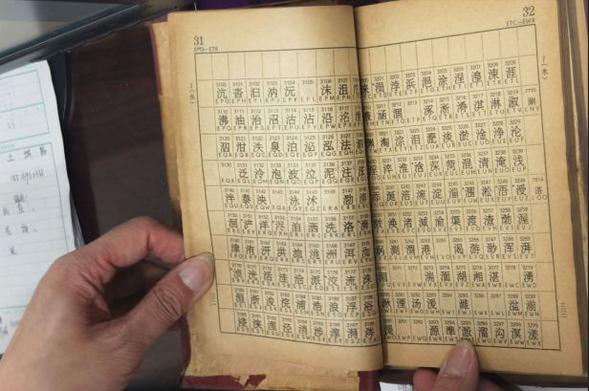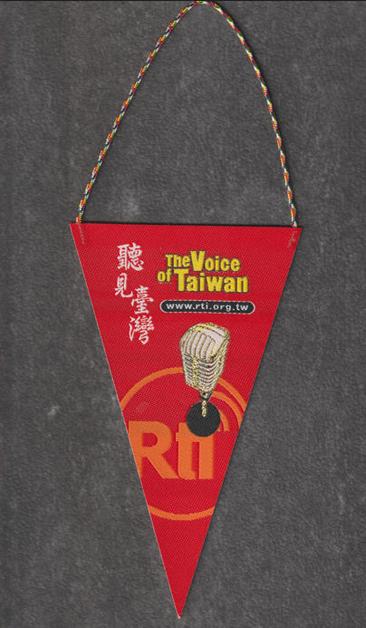Still here: Radio Taiwan International
While Voice of America may be gone forever – it’s too early to tell for sure -, Taiwan’s media are running an uofficial Radio-Taiwan-Appreciation year. A book on the broadcaster’s history and present age has been published, the author has related some of her stories to a wider public, Central News Agency (CNA) has reported about it, too, and last month, "Taiwan Panorama", a publication in Chinese, English, Japanese, Indonesian, Thai, and Vietnamese, has added an English translation of its story in Chinese to the press. The general theme of these reviews, just as of the book itself, is "Shortwave Era", or 短波時代 in Chinese. And as far as Radio Taiwan International is concerned, that era is by no means over.
The insights shared are usually rather anecdotal. German-language listeners tend to be insightful and rational, for example. Some of them have traveled to Taiwan and have taken the opportunity to visit RTI. Veritable Taiwan buffs, they can chat with you about Taiwan easily for a couple of hours. Despite their serious air, German-speaking listeners are in fact full of warmth and enthusiasm. Or, in Chinese, they may be cool on the outside, but warm on the inside (外冷內熱).
Granted, there is an apparent atmospheric contrast between Indonesian and other listeners‘ meetings.
Radio Taiwan International emphasizes its transformation from a role in the former dictatorial Kuomintang’s psychological warfare to "a voice of peace". That’s a fair point, and this message is probably directed to their Chinese audience, rather than to listeners in other languages. That said, Beijing doesn’t seem to agree. Radio Taiwan International’s Mandarin transmissions on shortwave remain relentlessly jammed by Chinese interfering transmitters, while Fu Hsing Radio – a military-owned station after all – is usually left alone on its frequencies.
Xu Chenggang, a Stanford senior research fellow and a VoA columnist, has a long memory, too: "I listened to Voice of America and BBC the most. I also listened to Radio Moscow and NHK from Japan. I didn’t listen to Taiwan much," he told Yuan Li in her podcast published last Monday. "The reason why I listened less to Taiwan is that they were more head-on in their propaganda against the Chinese Communist Party. I felt rather offended by them."
Given that at the time, Taiwan simply served as a base for Chiang Kai-shek, a dictator who remained focused on "regaining the mainland" (i. e. China) until his death in 1975, one can imagine that what was "The Voice of Free China"*) under his rule didn’t endear itself to China’s revolutionary "volunteers" of the 1960s and 1970s.
But while VoA may have been an acceptable source of information for young revolutionaries in the 1970s, it has always been an intensely hated competitor for Beijing’s China Daily publishing house, and not least for its „Global Times“ who celebrated the (likely) demise of VoA as the end to "Washington’s carefully crafted propaganda machine" with "a notorious reputation".
(I don’t want to find out what they’d write if RTI were closed down.)
________________
Note
*) Radio Taiwan International (RTI) was known to English-language listeners as "The Voice of Free China" under Chiang Kai-shek and Chiang Ching-kuo. In Chinese, RTI has always been "Central Broadcasting Station" (中央广播电臺).
________________
Related
–
–
#AsiaPacific #BBCWorldService #broadcasting #China #RadioTaiwanInternational #Taiwan #VoiceOfAmerica


